GLOSSARY
S
Sacred Moments
Experiences typified by feelings of connection and support from the transcendent, connection with others, purpose, gratefulness, awe, compassion, mercy and/or a deep sense of inner peace. Such moments are imbued with qualities such as precious, dear, blessed, cherished and/or holy.


Sadder-but-Wiser Hypothesis
The finding that nondepressed individuals, relative to depressed individuals are less accurate in their assessments of the degree of contingency between their responses and outcomes relative to the objective degree of (...)


Sadness
General low mood, or lowered mood and activity related to personal suffering, physical state, object loss, or inability to perform a desired action.


Satisfaction (Life Satisfaction)
A judgmental process, in which individuals assess the quality of their lives on the basis of their own unique set of criteria.


Saudade
Pronounced as “sau-dahd” in Portuguese. Translated to English, Saudade can mean “longing”, “homesickness”, “nostalgia”, “missing” or “yearning”. The feeling may also fall between happiness and pain, whereby it sits on the bittersweet side of human emotions.


Savouring
The capacity to attend to the joys, pleasure, and other positive feelings that we experience in our lives.


Schachter-Singer Theory
A theory of emotion stating that a subjective emotional state is dictated by an individual’s cognitive appraisal of their physiological arousal occurring simultaneously with the situation.
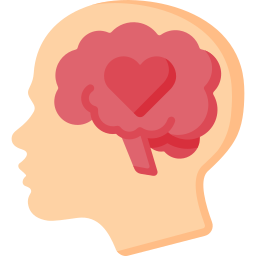

Schadenfreude
An emotional reaction defined as taking pleasure in another’s misfortune.


Seasonal Affective Disorder (SAD)
An affective disorder which is characterized by recurrent depressive episodes that occur annually at the same time each year.


Self-Compassion
Self-compassion involves being touched by and open to one’s own suffering, not avoiding or disconnecting from it, generating the desire to alleviate one’s suffering and to heal oneself with kindness. Self-compassion also (...)


Self-Construal
An individual difference that determines how individuals define themselves. Broadly distinguishes between independent self-construal (the self is defined as independent of others) and interdependent self-construal (the self is based on one’s relationships and group memberships)


Self-Conscious Emotions
Emotions that are evoked by self-reflection and self-evaluation. Such evaluations may be implicit or explicit, consciously experienced or transpiring beyond individual awareness. Fundamentally, self-conscious emotions involve people’s reactions to their own characteristics or behaviour.


Self-Determination Theory (SDT)
A theory that proposes that people’s actions and motivations become integrated with their personality and growth needs when they fulfil needs of competence, relatedness, and autonomy. Self-determined behaviours are intrinsically motivating and contribute to growth and well-being.


Self-Directed Anger
Anger that is relatively self-focused, is associated with self-correction and wanting to “fix” the situation.
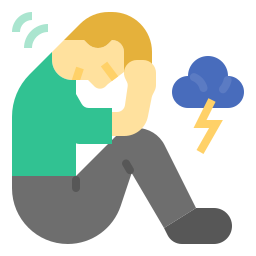

Self-Distancing
Stepping away from a psychologically immersed perspective. This act of ‘moving away’ can help individuals reason more objectively about their situation, place a healthy distance between them and their emotions, and ultimately promote more helpful behaviours.


Self-forgiveness
The willingness to abandon self-resentment in the face of one's own acknowledged objective wrong, while fostering compassion, generosity, and love toward oneself.


Self-Pity
A sympathetic, heartfelt sorrow for oneself prompted by one’s own physical or mental suffering, distress, or unhappiness.


Self-serving Bias
A type of cognitive bias where one attributes their successes to internal factors (e.g., ability, effort) and failures to external factors (e.g., fate, luck). This form of thinking serves as a defense mechanism that helps protect one’s self-esteem.


Self-Transcendent Emotions
Emotions (usually positive emotions) that arises when an individual appraises something or someone greater or better than the self. Common elicitors are displays of talent or of physical and moral beauty. Elevation, awe or admiration are considered to be(...)


Serenity
A low arousal emotional state characterized by feelings of calmness, peace, and tranquillity. Serenity allows one to be in a state of relaxation while being in tune with their surroundings in a way that is spiritual and loving. See also: Calmness


Serotonin
Also known as 5-hydroxytryptamine, it is a neurotransmitter derived from the amino acid tryptophan and is involved in regulating mood, sleep, emotional behaviour and aggression.
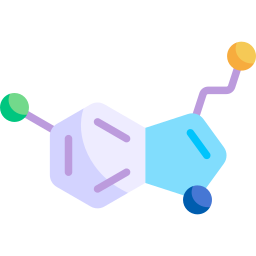

Shame
An emotion when one’s objectionable behaviour is seen as reflecting, more generally, a defective, objectionable self. Upon experience of this painful self-scrutiny, the individual experiences a sense of “shrinking” or of “being small” along (...)
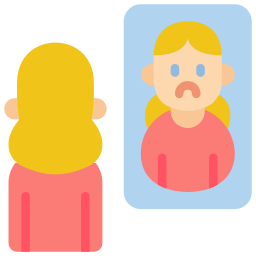

Signature Strengths
One’s top character strengths – typically the ones ranked #1-#5 on the VIA Classification of Strengths. Signature strengths are essential aspects of the individual, energizing, and can often used effortlessly.


Sleep Debt
Accumulation of insufficient sleep that is associated with undesirable physical and psychological health outcomes.
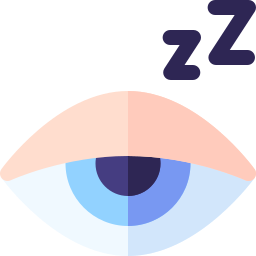

Social Phobia
A chronic and debilitating condition that is characterized by a persistent fear of interacting or performing in social situations due to concerns of embarrassment, humiliation or negative evaluation by others.


Social-Emotional Learning (SEL)
The process of acquiring and effectively applying the knowledge, attitudes, and skills necessary to recognize and manage emotions; developing caring and concern for others; making responsible decisions; establishing positive relationships; and handling challenging situations capably.


Sociopathy
An individual difference consisting of a certain genotype, physiotype, and personality that renders and individual capable of experiencing secondary, “social” emotions that normally contribute to behavioural motivation and inhibition.


Solitude
A context in which individuals have no immediate possibility of social interactions or exchanges of information and affect these entail. At the same time, solitude is a situation in which individuals are free from social constraints, demands, and (...)


Somatic Marker Hypothesis
The hypothesis that responses to stimuli (conscious or non-conscious; overt or covert) operate as ‘markers’ in bioregulatory processes such as in emotions and feelings. These bodily (somatic) markers have implications for (...)


Spirituality
Feelings, thoughts, and behaviours that arise from a search for the sacred.


Startle Reflex
An inherent, involuntary response to sudden or loud noise in which the neck and limbs are recoiled towards the chest. It is enhanced in individuals with high anxiety.


State Affect
Within-person, momentary, subjective experiences of emotion or mood.


Stress
A typically negative emotional experience accompanied by corresponding, stereotypical physiological & behavioural bodily changes in response to any demand made upon it.


Striver's Curse
The observation that people who focus on attaining happiness from successes tend to be unhappier, not happier.


Subjective Well-Being (SWB)
A broad category of phenomena that includes people’s emotional responses, domain satisfactions, and global judgments of life satisfaction.


Suppression
An approach to down-regulating emotions that involves inhibiting ongoing emotion-expressive behaviour.


Surprise
A basic, discrete emotion that arises when an individual perceives a stimuli as unexpected or disconfirming expectancies.


Survivor's Guilt
A form of guilt that is experienced when individuals believe that they are – simply by furthering their own causes – experiencing good things at the expense of others, and that their success will make others feel bad by compassion. They assume (...)


Sustainable Careers
Careers characterized by a dynamic fit between the individual with their careers in terms of health, happiness, and productivity.
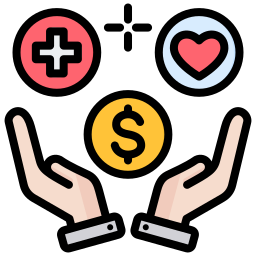

Sustainable Workforce
A workforce where employees have positive energy, capabilities, vitality, and resources to meet current and future organizational performance demands while sustaining their economic and mental health on and off the job.


Sympathetic Nervous System
A subdivision of the autonomic nervous system regulating largely involuntary internal processes focused on energy usage for real or perceived crisis (fight, fright, flight). Inhibits and opposes the parasympathetic nervous system subdivision.
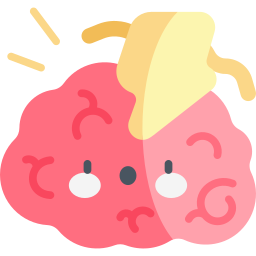

Sympathy
An emotional response, stemming from the apprehension of another’s emotion state or condition, that is not the same as the other’s state or condition but consists of feelings of sorrow or concern for the other.


